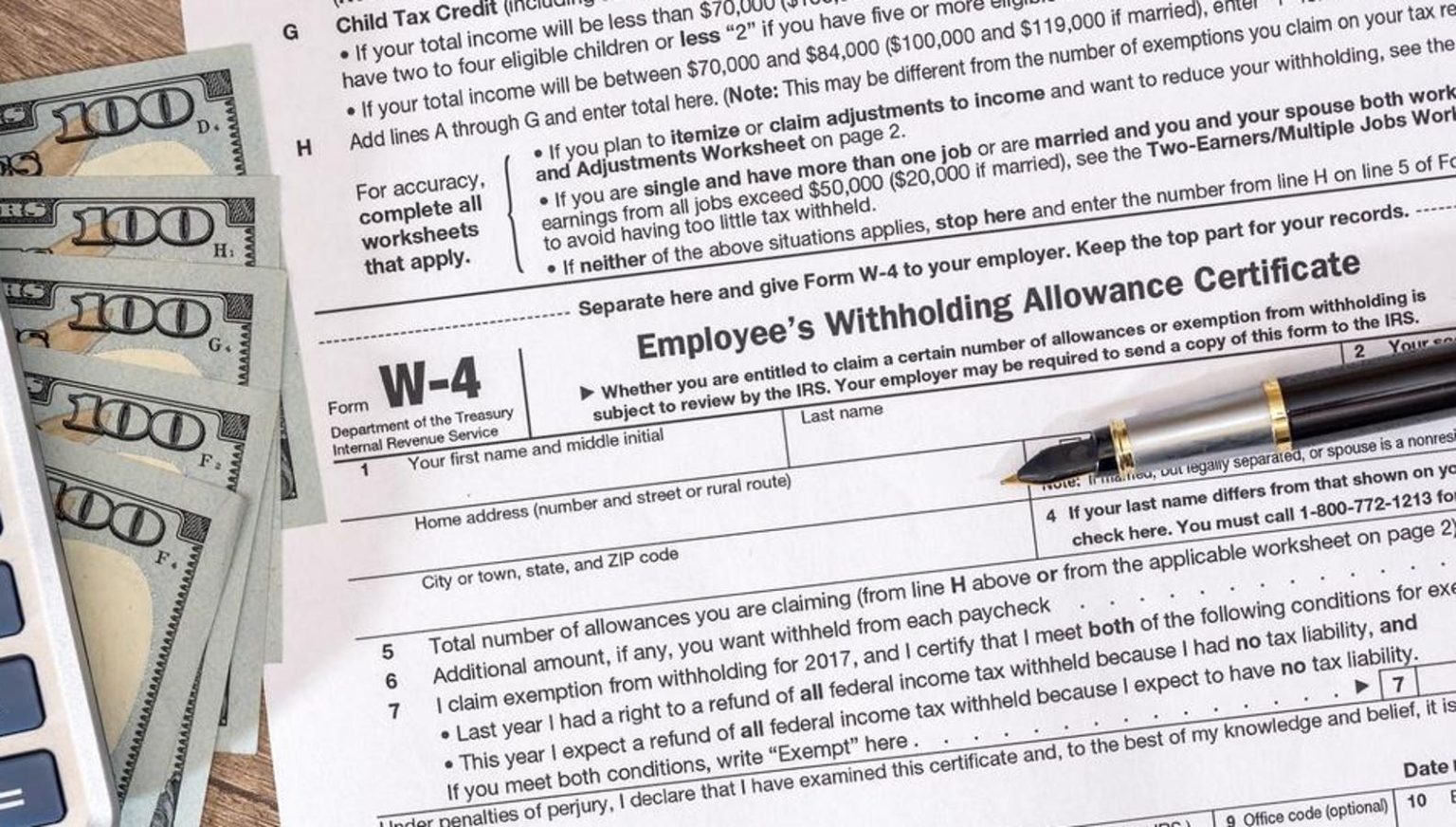On September 30, 2024, California passed legislation enshrining the sanctity of certain loan-out companies (“loan-outs”) in the motion picture industry, which now avoids the risk for California tax and unemployment purposes of (a) qualifying loan-outs being disregarded and (b) the individuals rendering services through the loan-outs being treated as the employees of the ultimate payors. The legislation states that it is merely clarifying current law, so it is effectively retroactive. This article provides a summary of the legislation, with some critical extrapolation.
1. Definition of Loan-Out. To be respected under the legislation, loan-outs must meet all of the following tests:
a. The loan-outs must be corporations for tax purposes, including S corporations and LLCs that have elected to be taxed as corporations. There is no requirement that the loan-outs be formed or registered in California.
b. The principal activity of the loan-outs must be the rendition of services to companies that are engaged in the development or production of audio-visual works of any type (including commercials, music videos, and TV shows), referred to in this article as “production companies.” However, companies that only distribute audio-visual works do not qualify as production companies.
c. Critically, there appears to be an unstated implied requirement that the loan-outs provide services relating to the development or production of audio-visual works, which is the standard practice in the film industry. However, the literal wording of the legislation leads to absurd results. For example, the legislation applies the “production company” test based on each “employing unit,” which includes a company and all its subsidiaries and affiliates that are operationally integrated, and the test is not based on the primary activity of the employing unit. Thus, as long as the employing unit engages in some development or production activities, that employing unit should qualify as a “production company,” even with respect to unrelated divisions, like a food court. To make matters worse, there is no express requirement that the loan-outs provide development or production services, so the legislation would literally permit a full-time employee in the food court of a studio to use a loan-out. This result is obviously absurd, which is why there must be an implied requirement that the loan-outs provide development or production services.
d. The services the loan-out provides to production companies must be performed by employees of the loan-out that own at least 10% of the stock of the loan-out, referred to herein as “shareholder/employees.” What is somewhat odd about this test is that if the employees own less than 10% of the stock of the company rendering services, that company would almost certainly be respected as an independent contractor under general principles.
2. Consequences. The consequences of loan-outs being respected are as follows:
a. The companies paying the loan-outs (whether production companies or payroll companies) do not need to withhold any California income or payroll taxes.
b. The loan-outs are required to withhold California income and payroll taxes on compensation paid to their shareholder/employees, including unemployment insurance taxes. This requirement does not apply to dividends, and many S corporations pay dividends (after the payment of “reasonable” compensation) to minimize payroll taxes.
c. The shareholder/employees qualify for unemployment benefits.
3. Payroll Companies. In order to enforce the obligation of loan-outs to withhold California taxes on compensation paid to their employees, the legislation leans heavily on payroll companies, and requires them to file quarterly reports with the state setting out the details of payments to loan-outs commencing in 2026. Importantly, the reports must include the name, address, and social security number of the employees rendering the related services.
4. Federal Treatment. Another reason to interpret the reach of the California legislation as limited to loan-outs that provide development or production services is that the IRS has quietly acquiesced to the use of loan-outs for development and production of audio-visual works, perhaps due to the perceived unfairness of the inability of employees to deduct fees paid to managers, agents, and lawyers, while loan-outs can. However, the IRS has never permitted executives and rank and file employees to use loan-outs. One fuzzy area has been the use of loan-outs by below-the-line crew, and the new legislation may expand the use of such loan-outs, although it is not clear if the IRS will accept it.
Read the full article here





